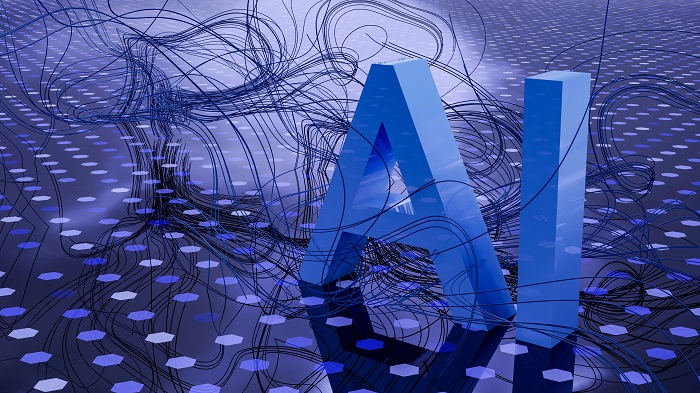
The advent of artificial intelligence (AI) is poised to revolutionize the healthcare landscape, ushering in transformative changes that stand to enhance patient care, streamline processes, and improve overall efficiency. AI applications in healthcare span a multitude of domains, from diagnostic imaging and drug discovery to personalized medicine and predictive analytics. With machine learning algorithms analyzing vast datasets, medical professionals can achieve more accurate and timely diagnosis, enabling early intervention and tailored treatment plans. Additionally, AI contributes to the optimization of healthcare operations, automating administrative tasks, improving resource allocation, and ultimately enhancing the cost-effectiveness of healthcare delivery. As AI continues to evolve, its potential to revolutionize healthcare is not merely theoretical but is becoming increasingly tangible, promising a future where precision, accessibility, and efficiency converge to redefine the standards of patient care.
Here are several ways in which AI is contributing to the healthcare sector.
Diagnostic Imaging is when AI is used to analyze medical images such as X-rays, CT scans, and MRIs. Machine learning algorithms can assist radiologists in detecting abnormalities, tumors, or other medical conditions with high accuracy and speed, potentially leading to earlier and more accurate diagnoses. Google’s Deepmind, for example, is a developed AI algorithm that can analyze eye scans for detecting early signs of diseases and age-related macular degeneration. IBM Watson for Oncology is another AI algorithm that is used to assist oncologists by analyzing medical literature, clinical trial data, and patient records to recommend personalized cancer treatments. AI can also accelerate the drug discovery process by analyzing biological and chemical data to identify potential drug candidate molecules. It helps in predicting the efficacy and safety of drugs, reducing the time and cost of bringing new medications to market.
Similar to how AI can recommend personalized cancer treatment, AI enables the customization of medical treatment based on an individual's genetic makeup, lifestyle, and other factors. This approach allows for more targeted and effective interventions, minimizing adverse effects and improving treatment outcomes. 23andMe is a very popular DNA test that reveals personalized genetic reports on ancestry composition, traits, and genetic health risks. Using Machine Learning–AI that uses data and algorithms to learn and improve accuracy like humans but more efficiently–23andMe demonstrated over 99% accuracy in their results.
Ethical considerations, data privacy concerns, and ongoing collaboration between healthcare professionals and technologists will be crucial to ensuring the responsible integration of AI into healthcare systems, but we can see progress already made towards safe AI usage in healthcare.








